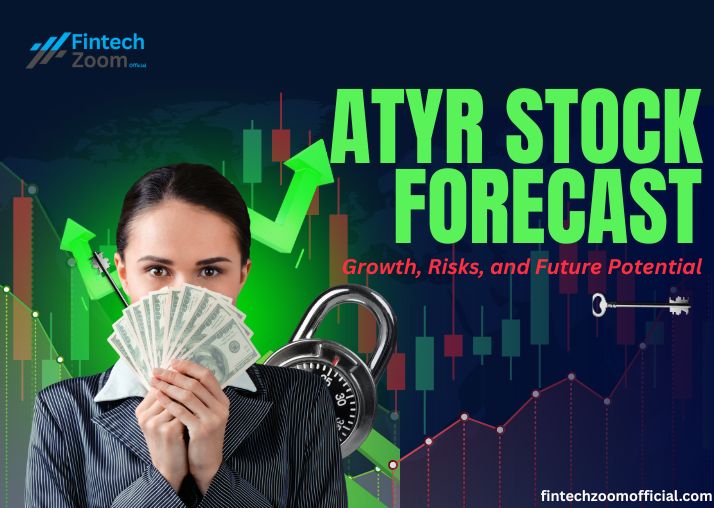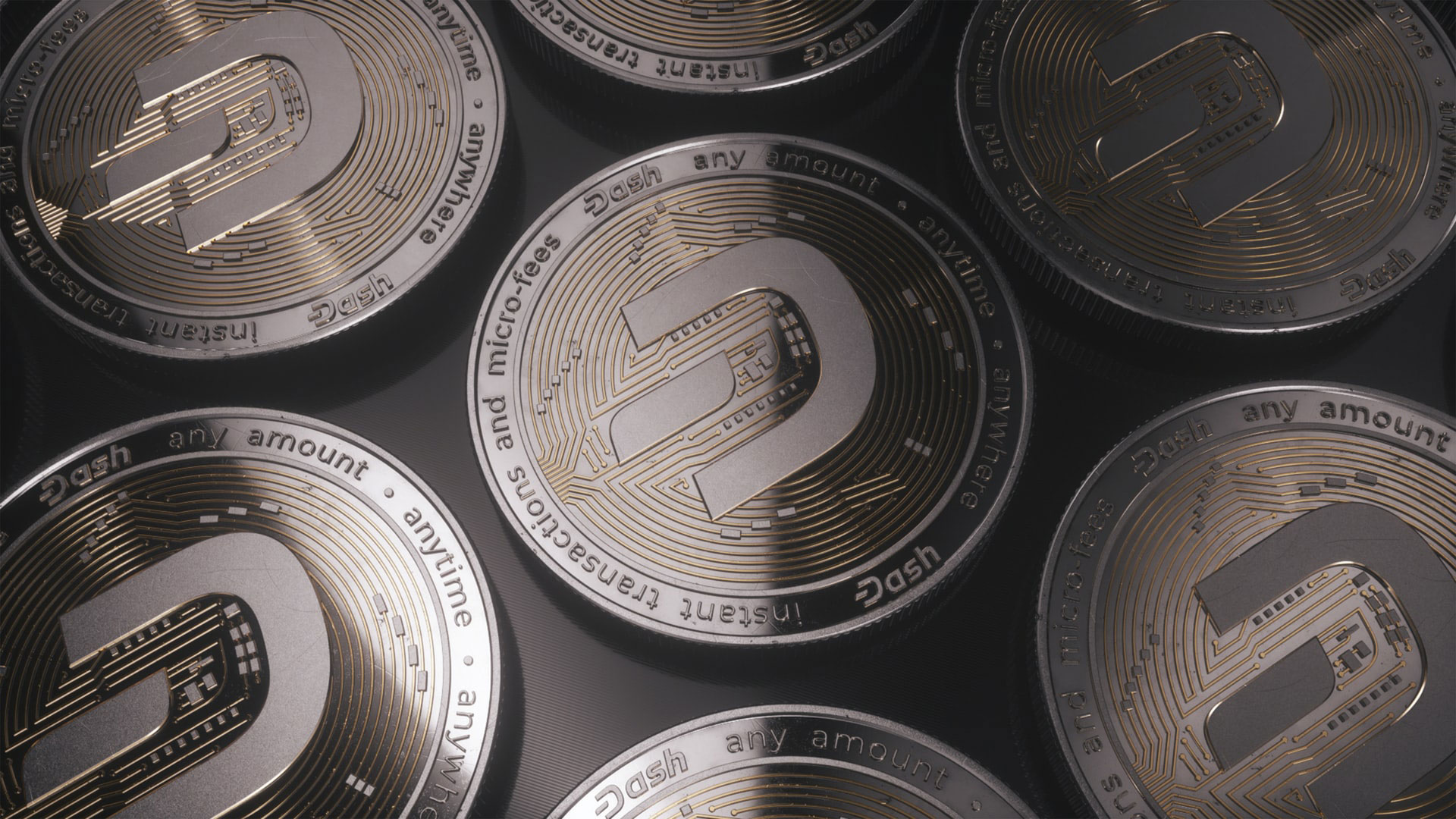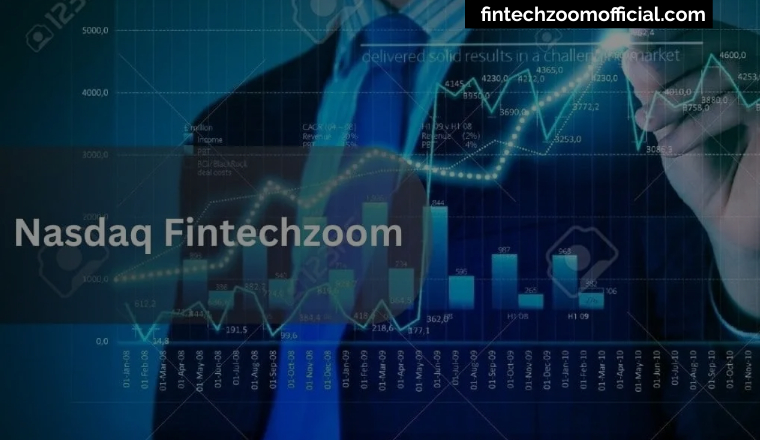FintechZoom.com | Your Gateway to Financial Insights
- Home
-
Stocks Updates
- News
-
Finance Tools
- Crypto Profit Calculator
- Savings Goal Calculator
- Compound Interest Calculator
- Currency Converter
- Tax Calculator
- Retirement Planner
- Net Worth Tracker
- Investment Portfolio Calculator
- Credit Card Payoff Calculator
- Monthly Budget Planner
- Mortgage Affordability Calculator
- Debt-to-Income (DTI) Ratio Calculator
- Fuel Cost Calculator
- Stock Return Calculator
- Loan EMI Calculator
- Latest Blogs
- Jobs Updates
Rethinking Bank Loyalty: Why Behavior Rewards Get Basics: Mark Jackson
Table of Contents
Whether it is an acquisition or a retention, loyalty is becoming increasingly difficult to determine banking.
In the United States, inertia still defines how most people interact with banks. Average adults keep almost the same checking account
17 yearsmany people think they don’t switch because “this is the account they have always had.” This passive loyalty presents a major hurdle for banks trying to attract new customers.
Throughout the Atlantic Ocean, things began to change. The same inertia once defined the British market, but it no longer exists. In 2024 alone, it’s more
One million People switch banks to better digital experiences, richer rewards and more meaningful value incentives. UK
Seven-day exchange service Mobile accounts are easier than ever, and younger customers are especially likely to make a leap forward.
Although Bank of America is working hard to acquire, Bank of England is still trying to stick with it. But no matter which side of the equation the bank sits on, the information is clear: the bank needs to give people a reason to choose them and continue to choose them.
Customer engagement program is an influential solution, but most falls are short
Customer engagement programs are a natural solution for banking challenges to retain and acquire customers. question? Most traditional shows missed the mark, providing a clumsy and outdated experience. In some cases, the customer is not even aware that these benefits or rewards exist. When they do, they may find it too confusing, troublesome, or not worth the effort.
Another common problem is that rewards don’t feel valuable enough. In fact,
58% Millennials have given up on their loyalty programs because rewards don’t make sense. The challenge is that many banks are working to find the right balance of a cost-effective plan that can provide valuable rewards to their customers. Another big obstacle? Lack of personalization. almost
one third Now, cardholders say that personalized rewards are a must. However, many banks offer a certain level of all plans that do not reflect the customer’s personal needs, preferences, or spending habits.
Behavioral Reward: Modern Loyalty Strategy
Banks looking to modernize their client participation programs should consider behavioral rewards. This type of program works by incentivizing customers to perform operations of size. For example, banks can offer rewards for switching accounts, use new cards, set up direct deposits, enable alerts, log in to bank apps, and more. The reward or benefit range can fit the scope of the action, whether it is a first login or high-value incentive, such as advanced electronics or travel credentials, such as opening a new account or large deposit. Banks can even provide stratified incentives as usage increases.
These programs are very effective in turning simple actions into lasting habits, helping to incorporate accounts into clients’ daily financial routines, and encouraging more engagement over time. This may be more effective than the usual one-time registration bonus bank offers. Of course, these may get someone in the doorway, but once a better offer comes, they may easily disappear or completely disappear.
Behavioral rewards are one of the most effective ways banks modernize their loyalty strategies – assisting to attract new customers and deepen relationships with customers they already have.
Why personalization is more important than ever
Personalization is crucial today and should be part of the bank’s behavioral reward strategy. Banks can achieve this by leveraging their customer data and behavioral insights to provide personalized and dynamic reward experiences. These programs should be dynamic and adapted to maintain relevance based on customer behavior and evolving preferences. The reality is that static rewards only lose their appeal. The most successful programs should constantly adjust their reward catalogs, and even their communications can be adjusted to meet changing customer needs. Rewards that are consistent with lifestyle are also important to satisfy customers’ preferences. For example, banks can offer travelers such as air miles, restaurant cash back to foodies, health discounts for health enthusiasts, or coffee shop discounts after visiting a bookstore. These awards that align with the lifestyle will help encourage more program participation.
Put behavioral rewards into action
There are several factors to consider when implementing behavior-based rewards, including careful consideration of technical and operational factors, especially personalization. Banks have the data they need, but must make sure they agree to leverage existing transactions and behavioral insights before using them before using them. This provides customers with control and choice while helping banks provide the personalization needed for successful rewards programs. Because ultimately, success depends on how well the solution integrates with existing systems and whether it provides a flexible reward directory that can be personalized and layered in real time.
Win and retain – Tody’s banking client
Banking will only become more competitive as more players enter the space and compete for acquisition and loyalty.
To stay ahead, banks must make their customers’ reasons compelling and continue to use their financial products and services. Loyalty is a lever they can pull, and behavioral rewards can be competitive differentiation to help their plans stand out from the ocean of others.
(tagstotranslate) FineXtra(T) NewsT Online T Bank T Bank T Technology T Technology T Finance T Finance T Financial T Financial T FinT Tech T Tech T Tech T Tech T Tech T IT TI T IT Break T Latest T Latest T Retail T Retail T T Deprive T Trade Execution T Headline News Blockchain T t Digital t Investment T t Mobile t Business Challenger T Pay t Pay t Regtech T Regtech T Insurtech T Insurtech T Service
Source link











Comments are off for this post.